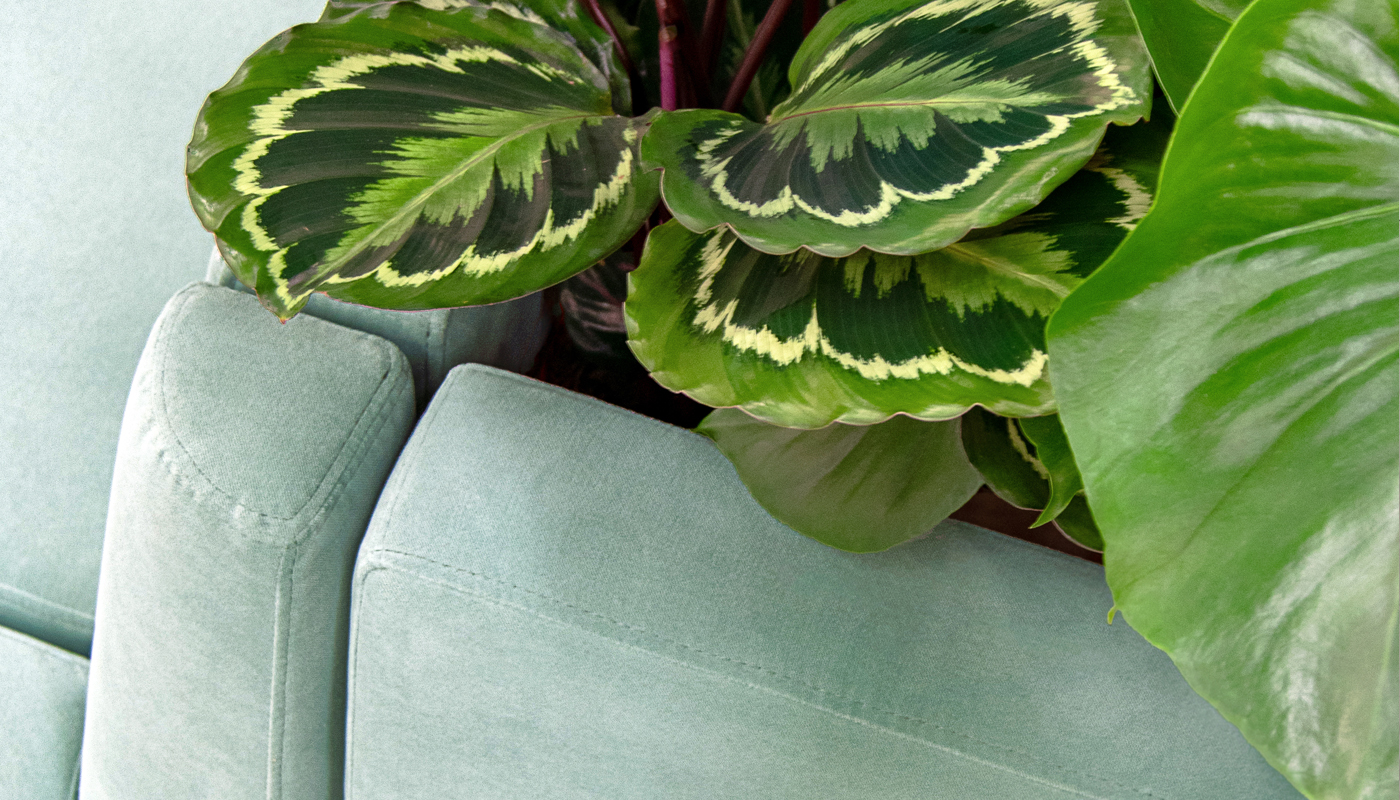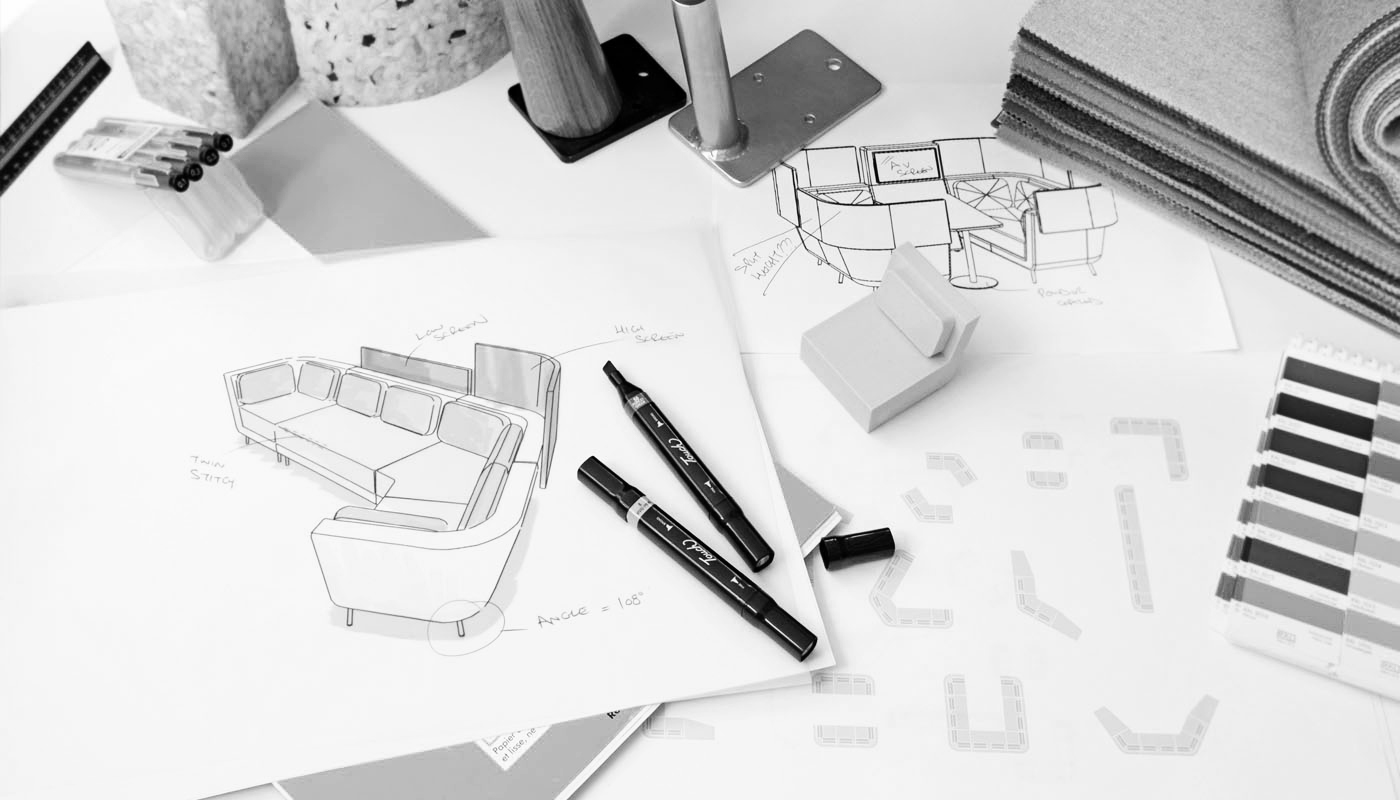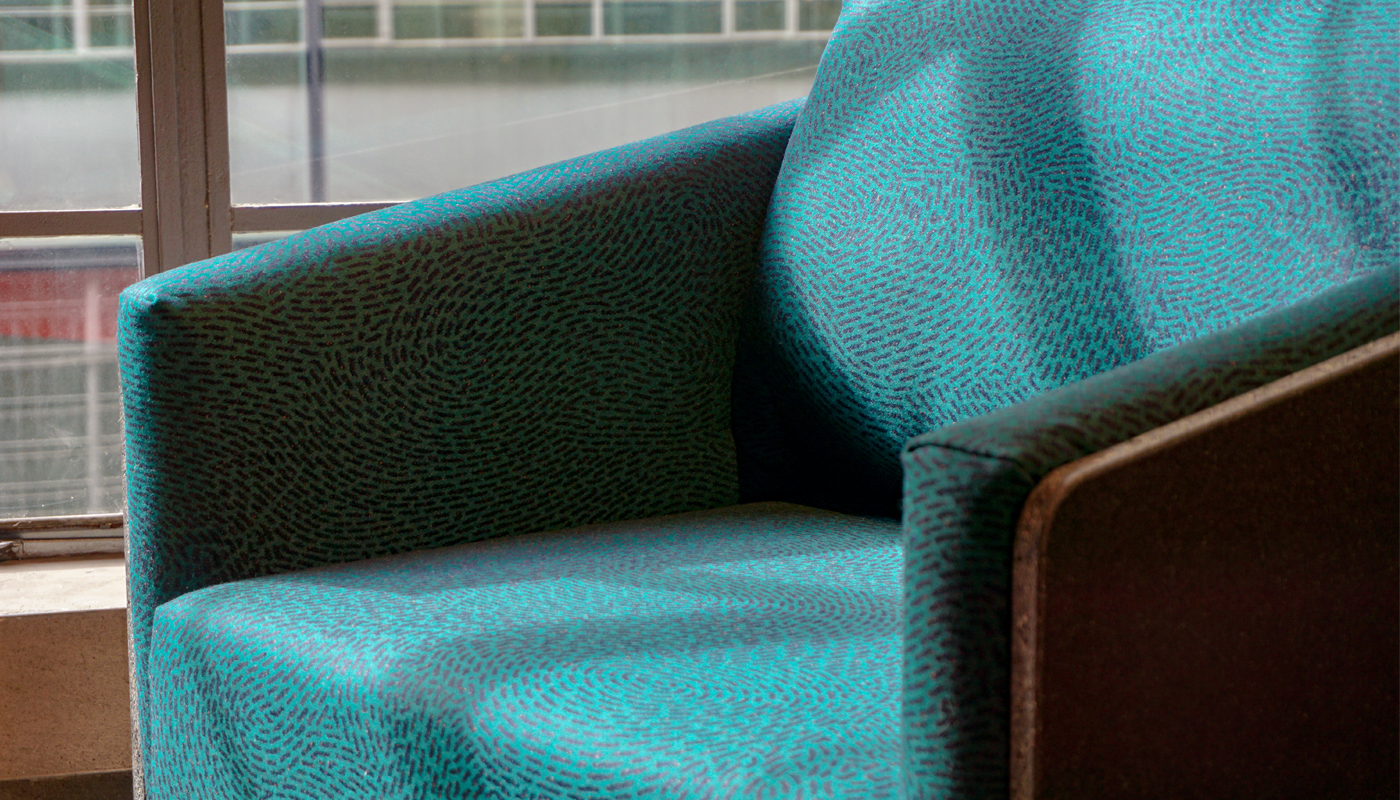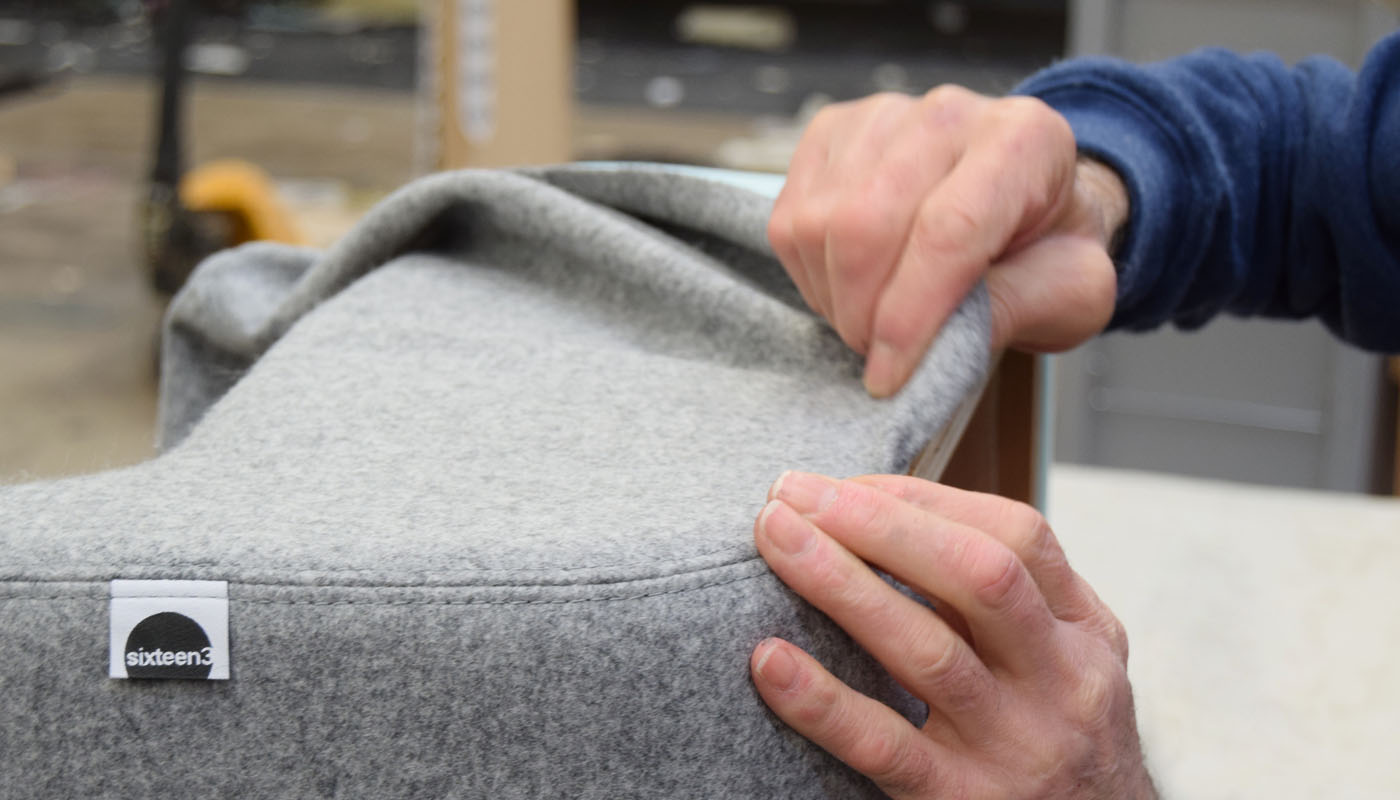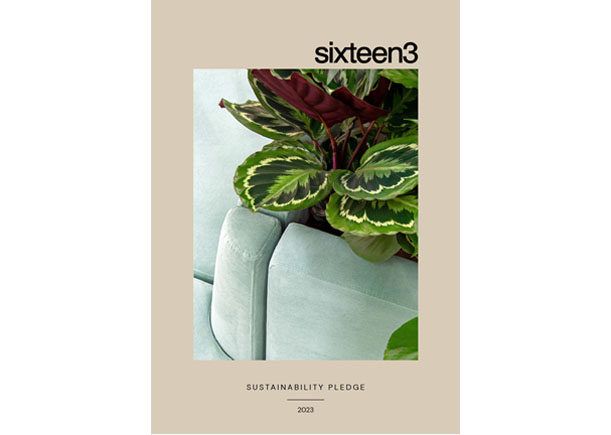Considered Design
We’re aware of the complex challenges that committing to sustainability involves, which is why our design team is invested in researching and innovating to create the best products we possibly can. With a focus on quality, longevity, efficiency, materials and end-of-life considerations, we’re dedicated to applying a sustainable mind-set to every stage of the design process. We’re proud to use the best in quality materials, FSC certified timber and British steel, whilst sourcing new pioneering materials in our pursuit to go above and beyond industry expectations.
We know that the environmental footprint of a product is determined at the design stage, this is where we apply our knowledge to ensure every sixteen3 range is created with an essence of sustainability. Working to not only ensure our new ranges meet the highest standards of sustainable design and innovation, but we also recognise the importance of reviewing and adapting older ranges to guarantee our ever-evolving standards are being sustained across the board.
Conscious Materials
At sixteen3 we put extra care and attention into sourcing materials for our products. We look for recyclable, recycled and renewable material properties when designing our ranges, this ensures we keep our carbon footprint to a minimum and means our products are as good for the planet as they can be. We work closely with our supply partners to ensure that wood products come from well-managed, sustainably forested, sources and are Forest Stewardship Council® (FSC) certified. We’re also leading the way with our use of alternative sustainable materials like bamboo, waste agricultural fibre board and recycled plastics which offer a plethora of environmental benefits over traditional materials, boasting accolades such as 100% recycled content, 100% recyclability and even negative carbon footprints.
Manufacturing & Business Operations
The way we manufacture our products is undoubtedly one of the most significant factors contributing to our environmental impacts as a business. We recognise that we hold the power to cause significant damage to our planet with the products we create and the methods we use. Careful consideration and planning go into all stages of our manufacturing, the suppliers we work with, how we manage waste materials and championing efficient processes are just some of the methods we employ to be certain we’re doing the best we can for the environment. It’s not only the materials within our products which have an impact but also the way we package them; 31% of the packaging we use to send out our furniture is made from recycled material.
We realise that committing to sustainability revolves around ourselves, our practices and our people. To truly be considered a sustainable business we have to practice what we preach and embed a culture of sustainability within every layer of our company. This is why we’re committed to regularly reviewing our internal operations, from energy usage and building efficiency to vehicles and waste management we accept that we can always be better and do better.
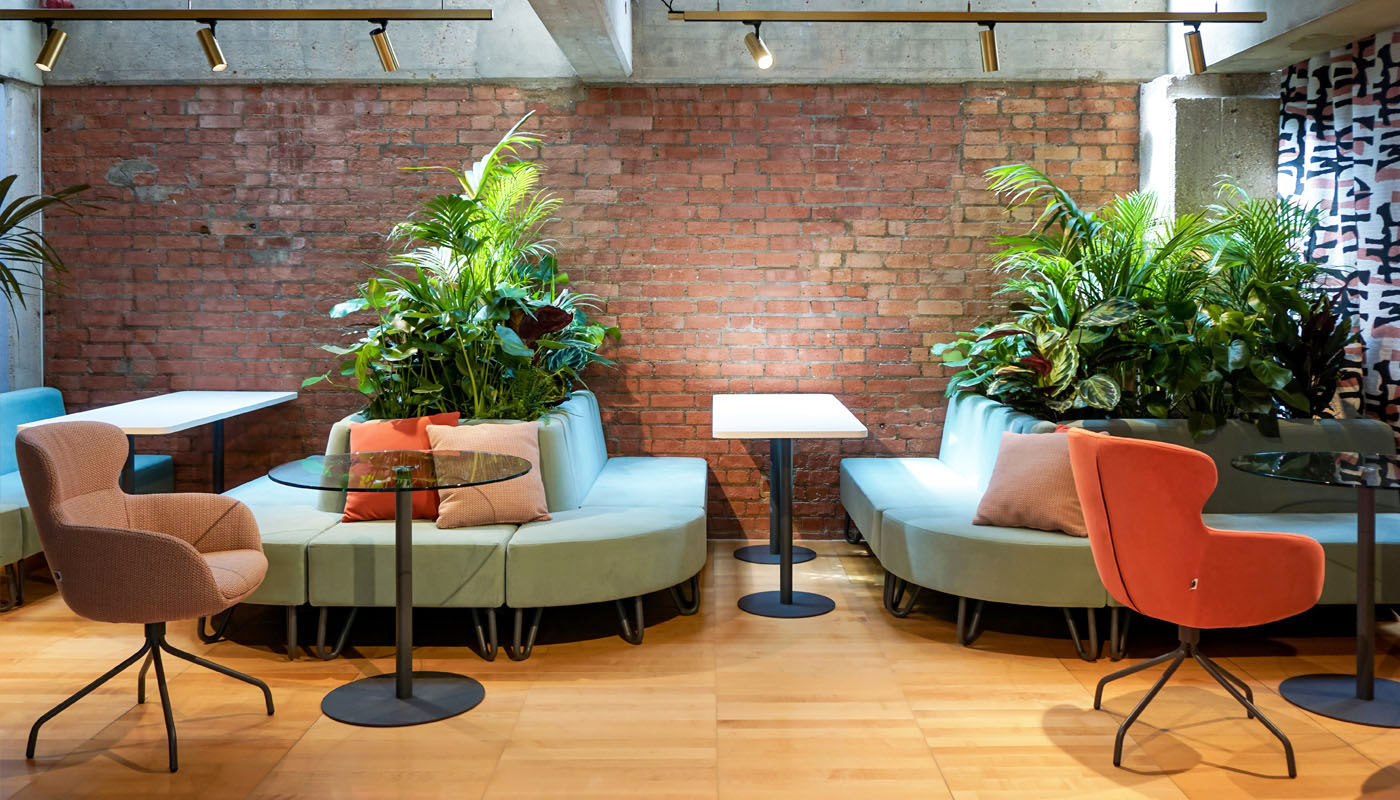
Air Quality & Wellbeing
The quality of the air we breathe plays a vital role in our everyday health, whether that’s in the home, outdoors or at the office. As a society, we’re familiar with outdoor air pollution and fumes, but the everyday objects in our indoor environments can also harm our air quality, this is quite substantial when the average person spends over 70% of their time indoors. Volatile organic compounds (VOCs) can be found in emissions from materials and substances which have an adverse effect on respiratory health. At sixteen3 we want to ensure our furniture isn’t negatively contributing to our customers’ environments, so we take extra care to identify the most harmful substances and use alternative methods and materials. Solvent-based lacquers are a well-known culprit where VOCs are concerned, which is why we opt for 100% water-based lacquers and paints.
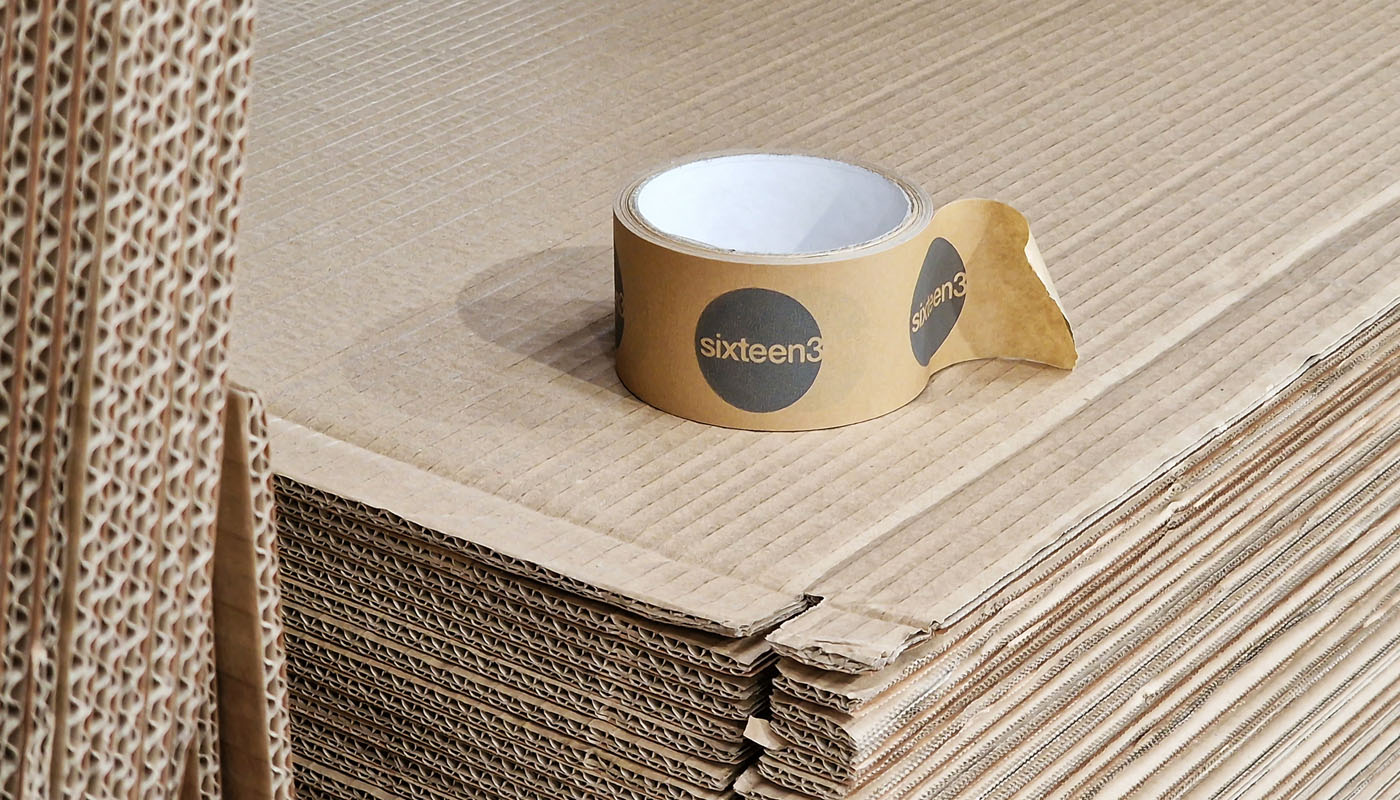
A Sustainable Future
Furniture should never be considered a disposable commodity, with a bit of clever design, careful planning and the provision of transparent information it’s entirely avoidable for products to end up in landfill sites. We have product ranges which feature the ability to be easily dismantled, this allows for any damaged parts to be replaced, and provides the freedom to make updates to colour schemes. This simple design method prolongs the life of the furniture and also provides the ability to separate and recycle all components at the end of the product’s life. We can provide replacement components for on-site repairs and also offer a Furniture Take-Back scheme whereby aged products can be returned to us for repair or re-upholstery to give them a new lease of life.
We recognise that our endeavour to create a sustainable business is never finished. We’re dedicated to pushing our sustainability initiatives as far as we can, perpetually growing and developing our company mind-set, processes and products. We’re working on our future environmental action plan by identifying areas for improvement and continually researching the latest services and technologies we can utilise to push our sustainable and environmental credibility.


